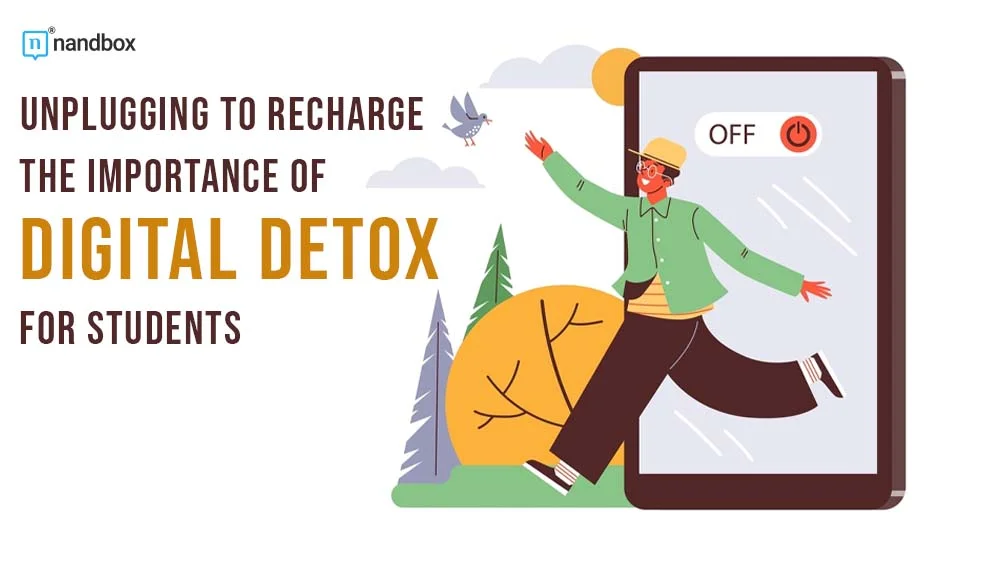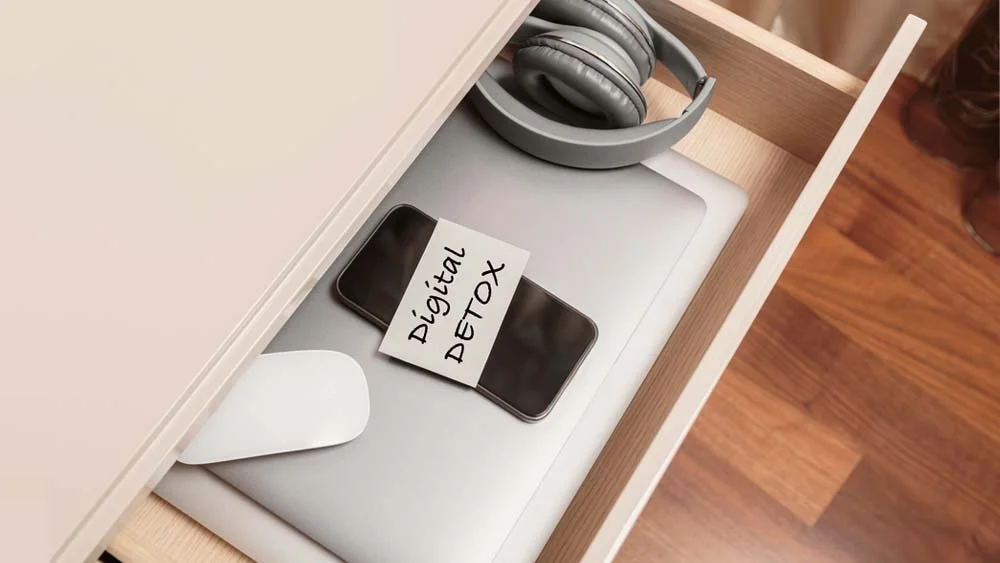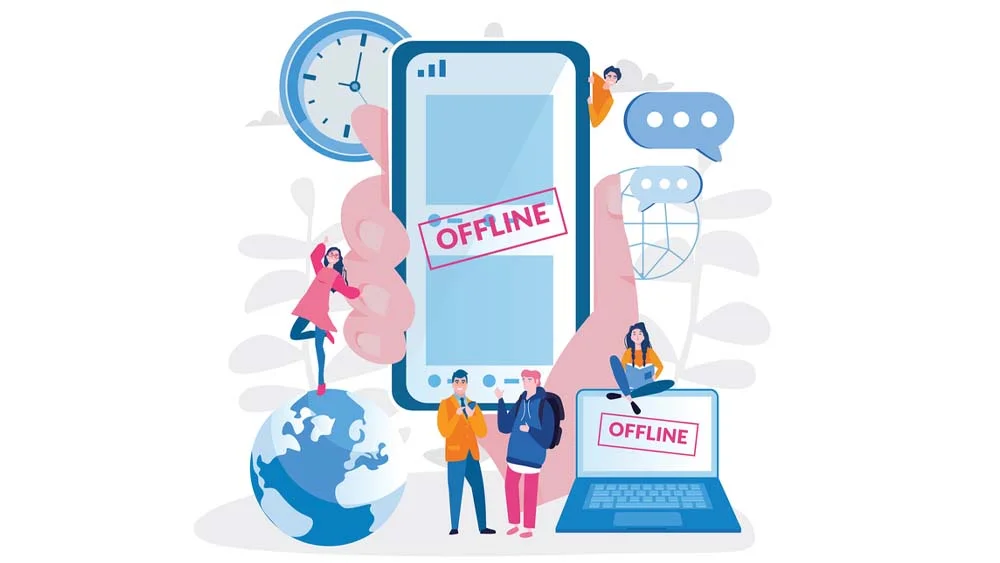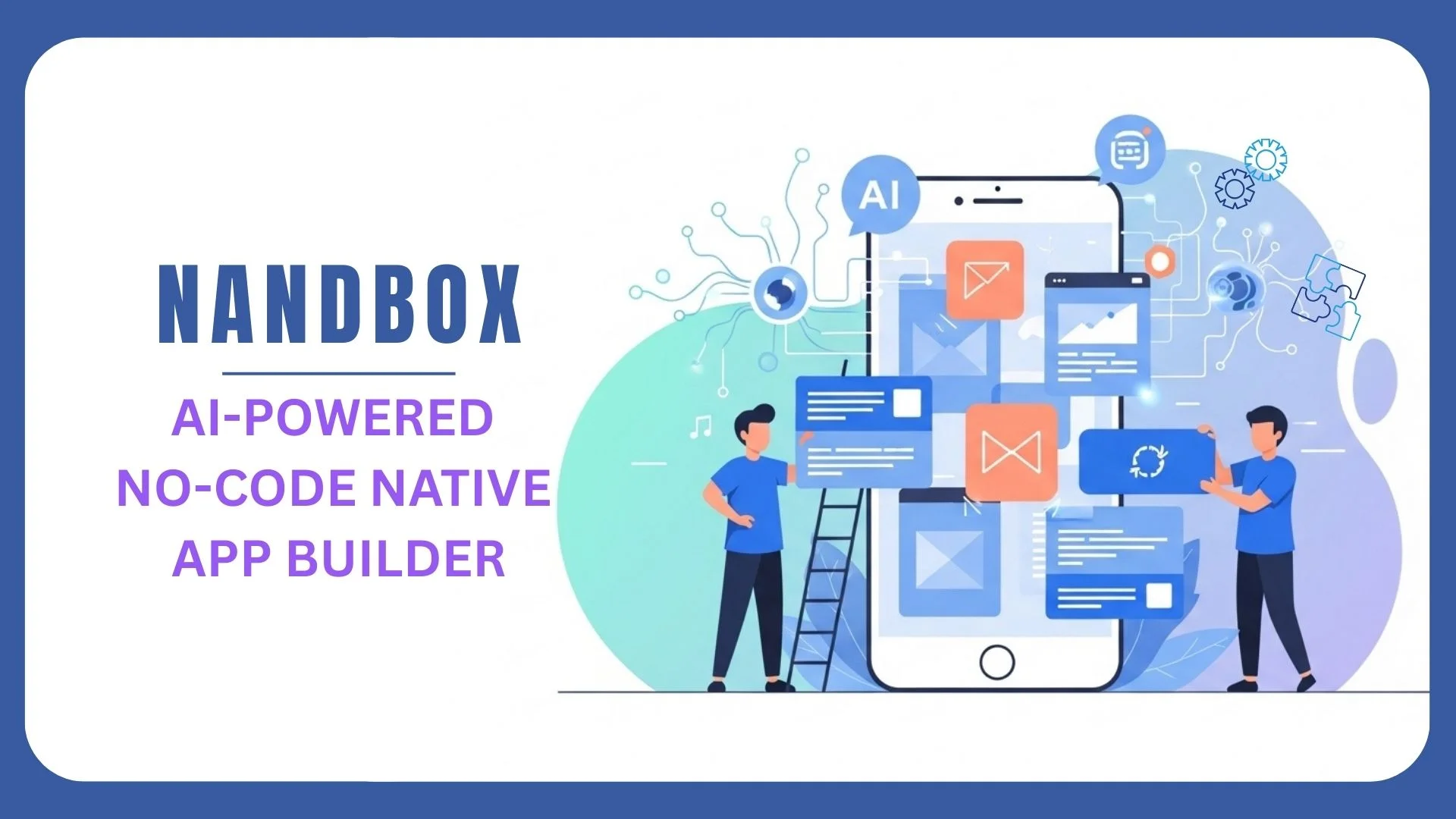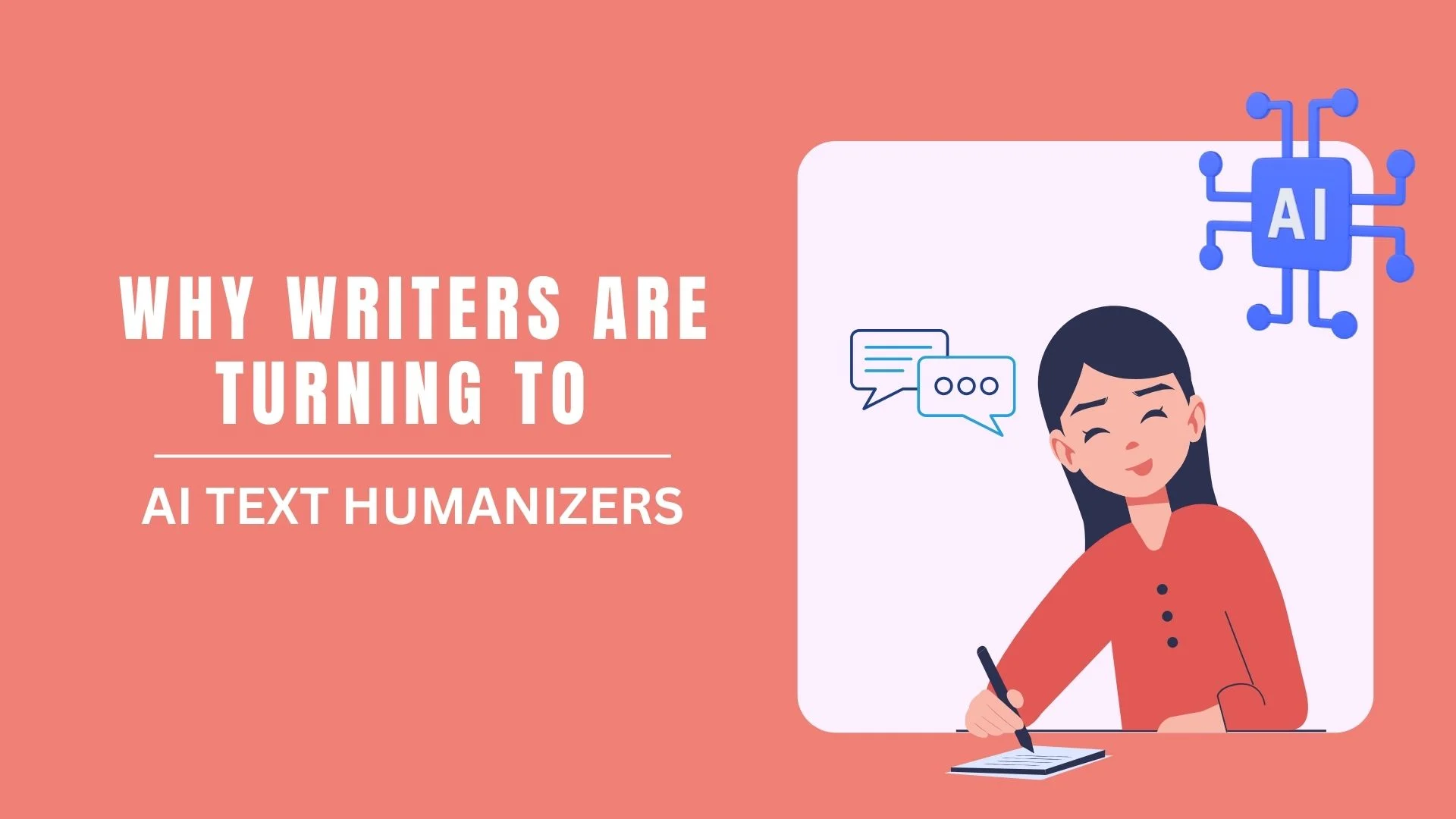Unplugging to Recharge: The Importance of Digital Detox for Students
We all know that feeling of being glued to our screens. For students, it’s like you’re always jumping from online classes to homework, then scrolling through social media, and it never stops. It’s a lot. But have you ever thought about taking a break? You should not just step away from your homework but actually turn off all that tech for a bit. It might sound tough, but it’s something that can really help you recharge.
Imagine you’re swamped with assignments, and you catch yourself thinking, “I need a research paper written for me,” because you’re just that burned out. That’s a sign you might be too plugged in. It’s moments like these when a digital detox can work wonders. For example, instead of hunting for an app to domymath homework, why not try solving a problem with just paper and pencil? This method not only reduces screen time but also enhances your problem-solving skills. Taking a break from all the buzzing and beeping of gadgets can give you a fresh perspective on your studies and everything.
So why should you consider taking a digital detox, and how do you even start? It’s about more than just getting away from your phone or computer. It’s about giving your brain a rest and reconnecting with the world beyond the screen. Let’s talk about how you can do it without feeling missing out on something important!
Why a Digital Detox?
You might not notice it, but every ding, buzz, and flash from your phone or computer is fighting for a piece of your attention. This constant pull can lead to feeling overwhelmed, stressed, and even sleepless. It’s like your brain is always on, flipping between tasks and never getting a break. This isn’t great for your mental health or your grades.
When you take a digital detox, even if it’s just for a few hours or a day, you give your mind a much-needed rest. The quiet that comes from turning off digital noise can lower your stress levels and improve your concentration when it’s time to hit the books again. Think of it as a reset button for your brain, helping you to focus better and feel calmer when you dive back into your digital world.
Finding Balance
Going completely offline might sound impossible, especially when you’ve got deadlines and group projects that rely on digital communication.
The trick is to create boundaries that work for you. Maybe you decide that mornings are for quiet, screen-free time to set your intentions for the day, or perhaps evenings are when you switch off to ensure you get some restful sleep.
You could also try dedicating one day a week as a tech-free day—whatever fits into your lifestyle. These boundaries help you enjoy the benefits of technology without letting it overwhelm your life. It’s about making tech work for you, not the other way around.
Rediscovering the Offline World
Remember what it was like to feel bored? Before smartphones and constant connectivity, moments of boredom often led to creativity, reflection, and personal growth. A digital detox can help you rediscover hobbies and activities that don’t involve a screen.
Maybe you’ll pick up that guitar gathering dust in the corner, sketch something for fun, or finally start that novel on your bedside table. Engaging in these activities not only gives your eyes a break from screens but also stimulates your brain in new and different ways.
Plus, spending quality time with friends and family without the distraction of phones can strengthen your relationships and create lasting memories.
Staying on Track with Studies
It might seem counterintuitive, but stepping away from technology can actually make you more productive when it’s time to study. By setting specific tech times for schoolwork, you create a focused environment that’s all about getting things done efficiently.
Use tech to your advantage during these times with apps that block distracting websites or help you organize your study materials. Then, once your study session is over, step away from the screen. You’ll likely find that you’re able to get more done in less time because you’re fully focused during your online periods, leaving more time for those beneficial tech breaks.
Making It Work
Committing to a digital detox is one thing, but sticking to it is another. It helps to communicate with your friends and family about your tech boundaries so they understand and support your decision.
To fill your newfound free time, explore activities that genuinely interest you, whether that’s outdoor adventures, crafting, cooking, or anything else that sparks joy without a power button. And if you find it hard to stick to your tech-free rules at first, don’t be too hard on yourself.
Like any habit, it takes time to adjust. Celebrate the small victories, like enjoying a meal without scrolling through your phone or finishing a book without checking your email halfway through.
Embracing New Perspectives
Taking time away from screens can also open your eyes to new perspectives and ideas you might have missed while buried in digital notifications and endless scrolling. It’s about allowing yourself the space to think deeply, question, and explore the world without the influence of online algorithms shaping your view.
This mental space can be incredibly liberating and inspiring, sparking creativity and problem-solving skills that enhance your academic work and personal projects. By periodically detoxing from digital distractions, you encourage a mindset that values quality over quantity, deep engagement over superficial likes, and meaningful connections over fleeting interactions.
As you navigate this journey, you may discover passions and interests that propel you towards new goals and achievements, proving that sometimes, stepping back from technology is the best way to move forward in life.
Final Thoughts: Embracing the Offline
The idea of a digital detox might seem daunting at first, especially in a world where we rely on technology for so much. But taking the time to unplug and recharge is crucial, not just for your mental health, but for making your study time more productive.
Remember, it’s about finding a balance that works for you, giving yourself permission to step away from the screen, and rediscovering the joys of the offline world. So why not give it a try? You might be surprised at how good it feels to just turn off and tune out for a bit.
